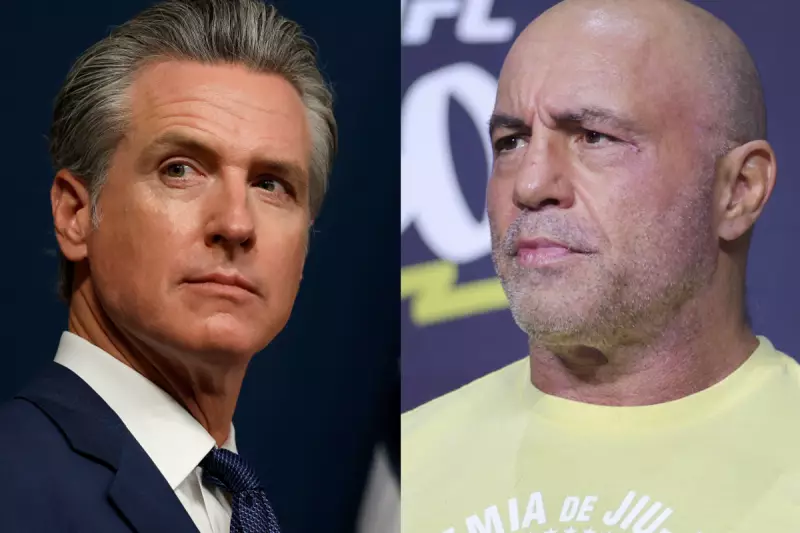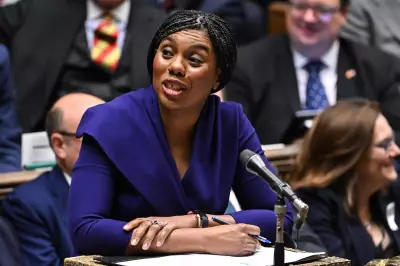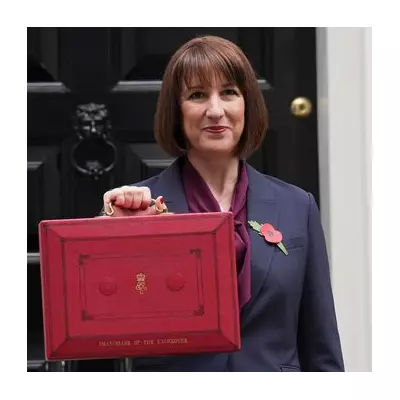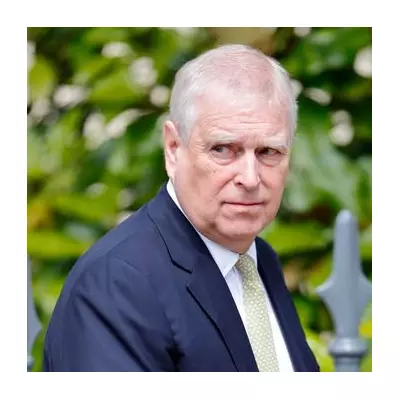
California Governor Gavin Newsom has launched a scathing attack on podcast host Joe Rogan, escalating a bitter war of words over COVID-19 misinformation that has captured American political attention.
The Spark That Ignited the Feud
During a recent appearance on MSNBC's "The Sunday Show," Governor Newsom didn't hold back when discussing Rogan's influence, particularly regarding pandemic-related content. The Democratic leader expressed grave concerns about what he described as "dangerous misinformation" being spread to Rogan's massive audience of approximately 11 million listeners.
"When you have that many young people listening to podcasts, there's a responsibility that comes with that platform," Newsom stated, highlighting the significant reach of Rogan's popular Spotify show.
A Pattern of Controversy
This isn't the first time Newsom has targeted the podcast host. The governor previously criticised Rogan in 2022 for his interview with anti-vaccine activist Robert F Kennedy Jr, indicating a longstanding concern about the type of content featured on the programme.
The current conflict emerges against a backdrop of ongoing debates about free speech versus responsible content moderation on major platforms. Newsom's comments reflect growing anxiety among public health officials and politicians about the persistence of COVID-19 misinformation years after the pandemic began.
Broader Political Implications
Political analysts suggest this confrontation serves multiple purposes for Newsom, who is increasingly seen as a potential future presidential candidate. The public stance against Rogan:
- Positions Newsom as a defender of scientific consensus
- Appeals to progressive voters concerned about misinformation
- Demonstrates willingness to engage in cultural battles
The feud represents another chapter in the ongoing tension between mainstream political figures and influential media personalities who operate outside traditional journalistic frameworks.
What Comes Next?
As of now, Rogan hasn't publicly responded to Newsom's latest comments, but given his history of addressing criticism directly on his show, a response seems inevitable. This developing story continues to highlight the complex relationship between politics, media influence, and public health messaging in contemporary America.





